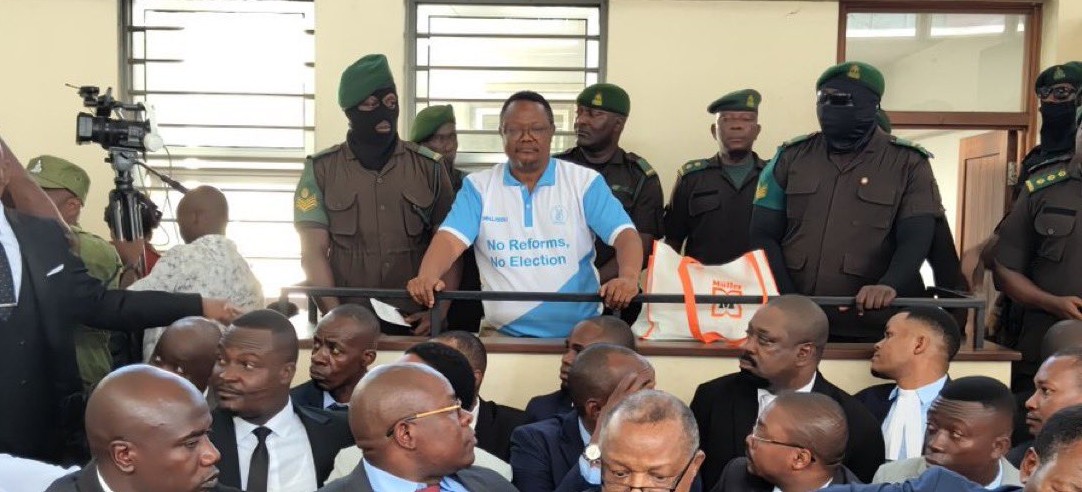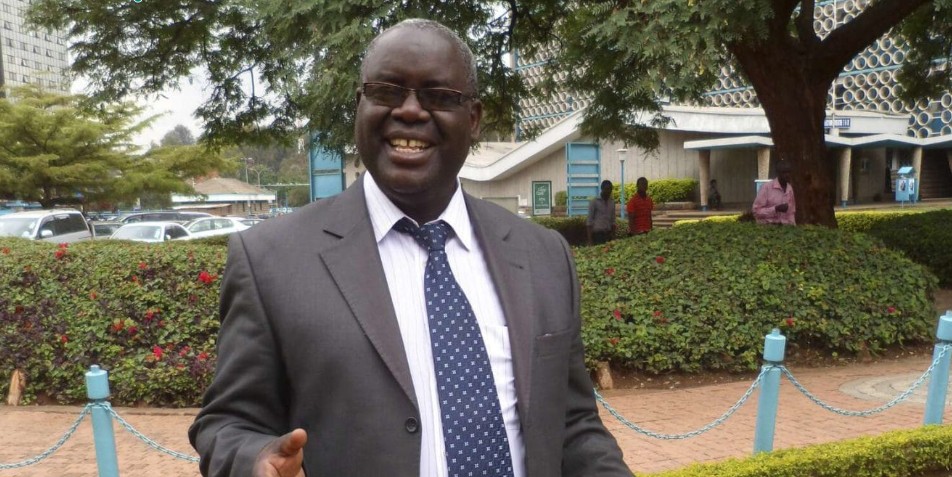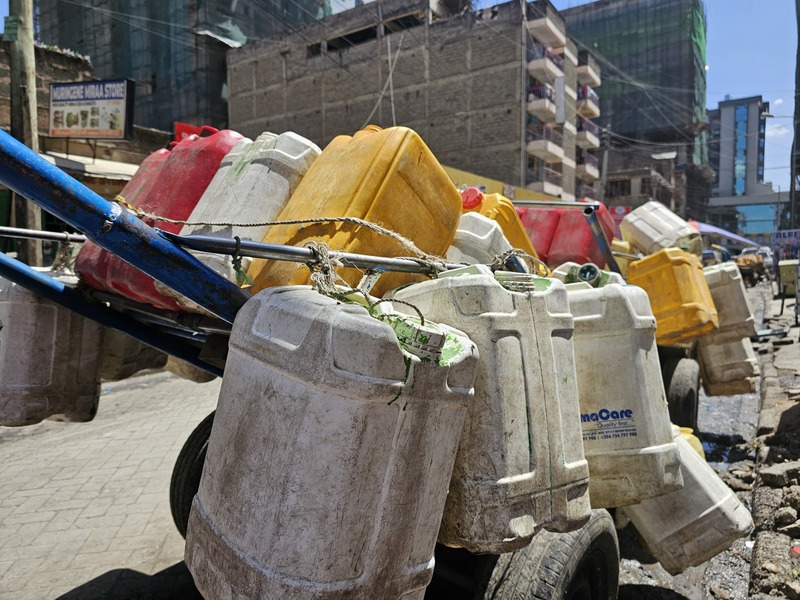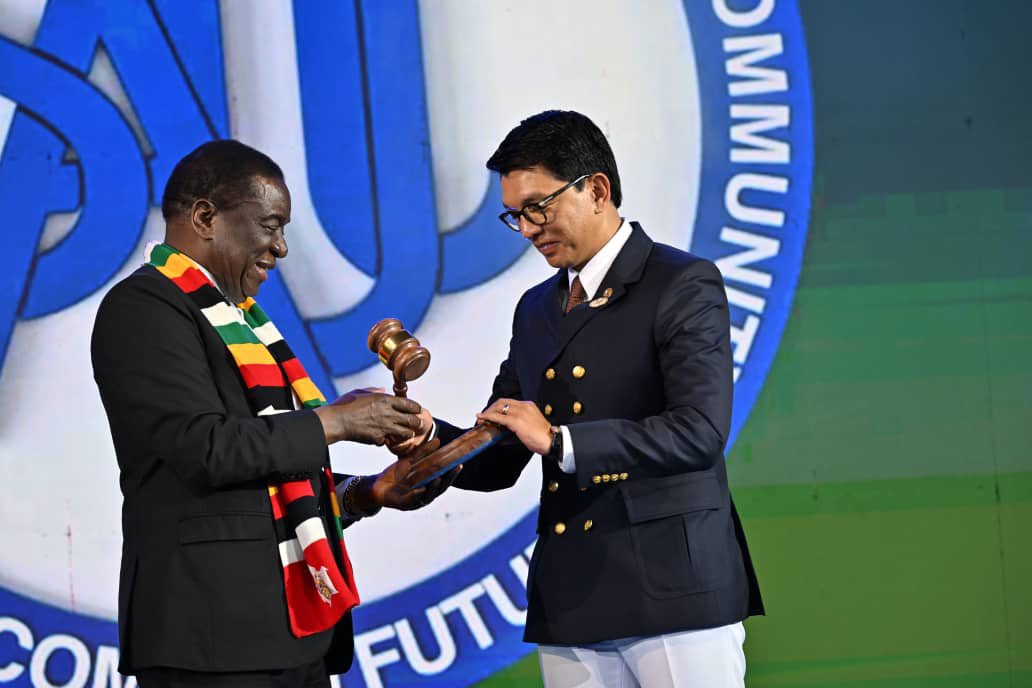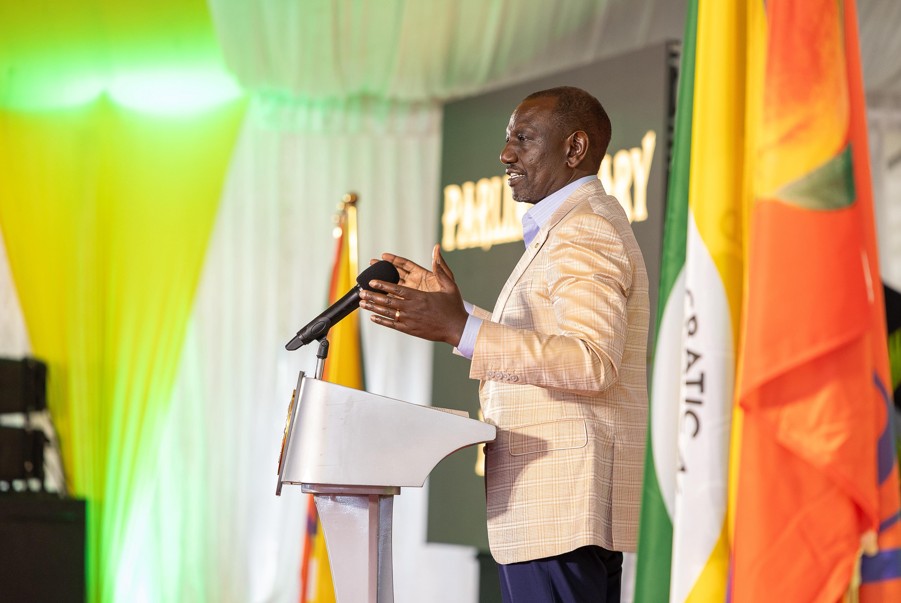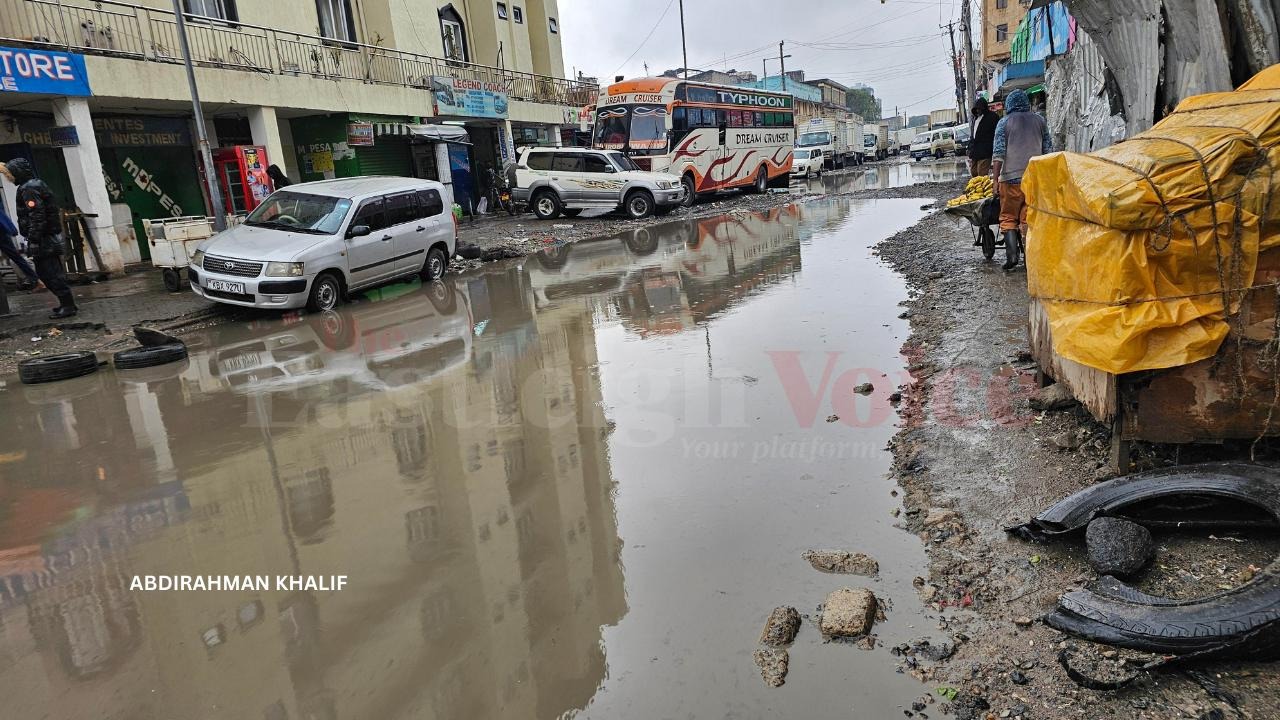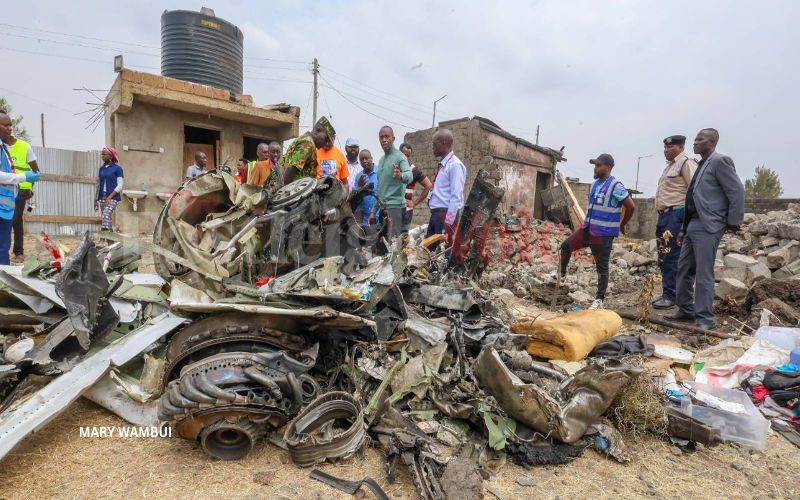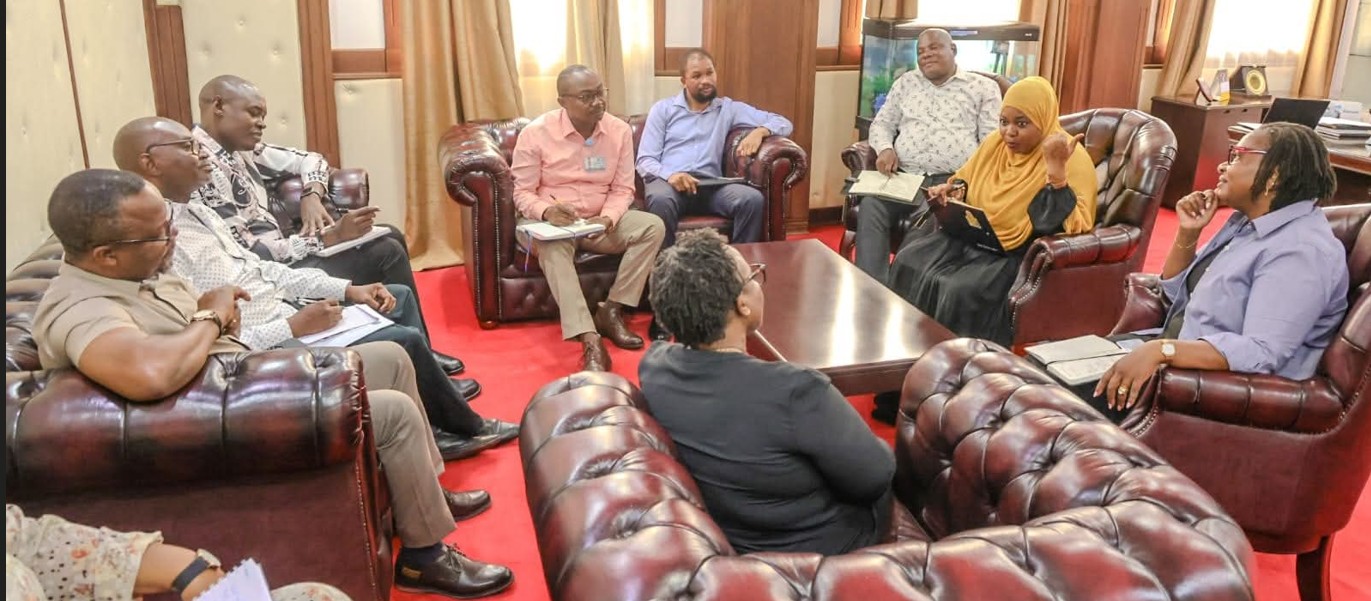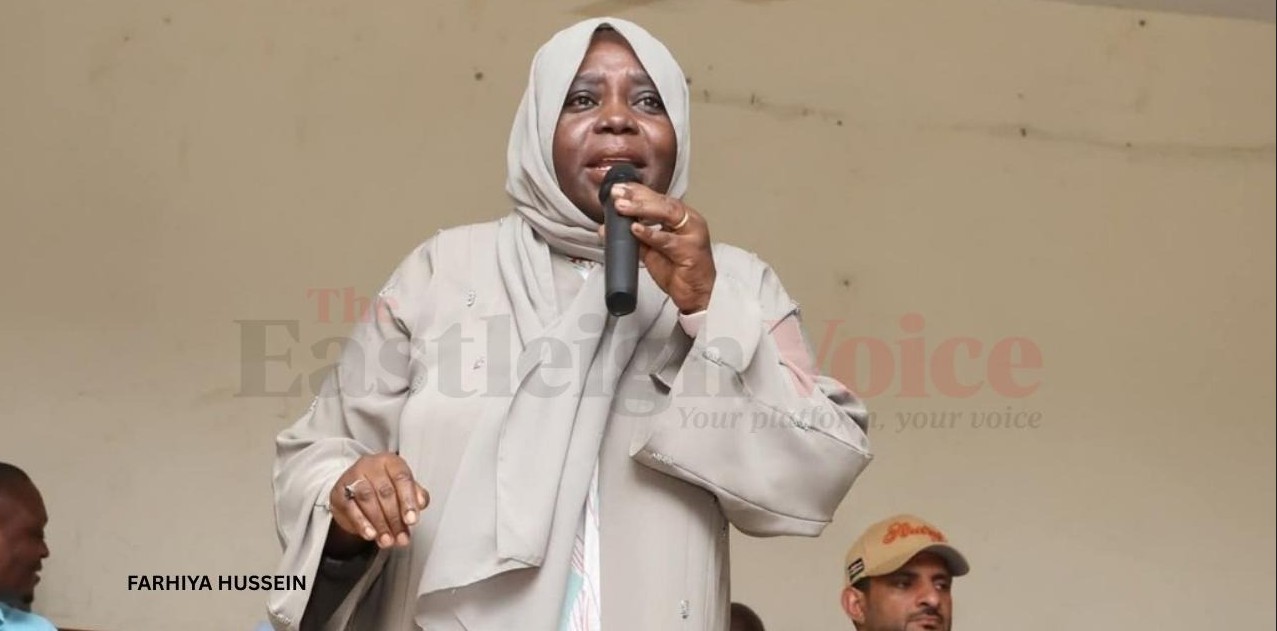MPs probe KEBS's controversial vehicle inspection tender
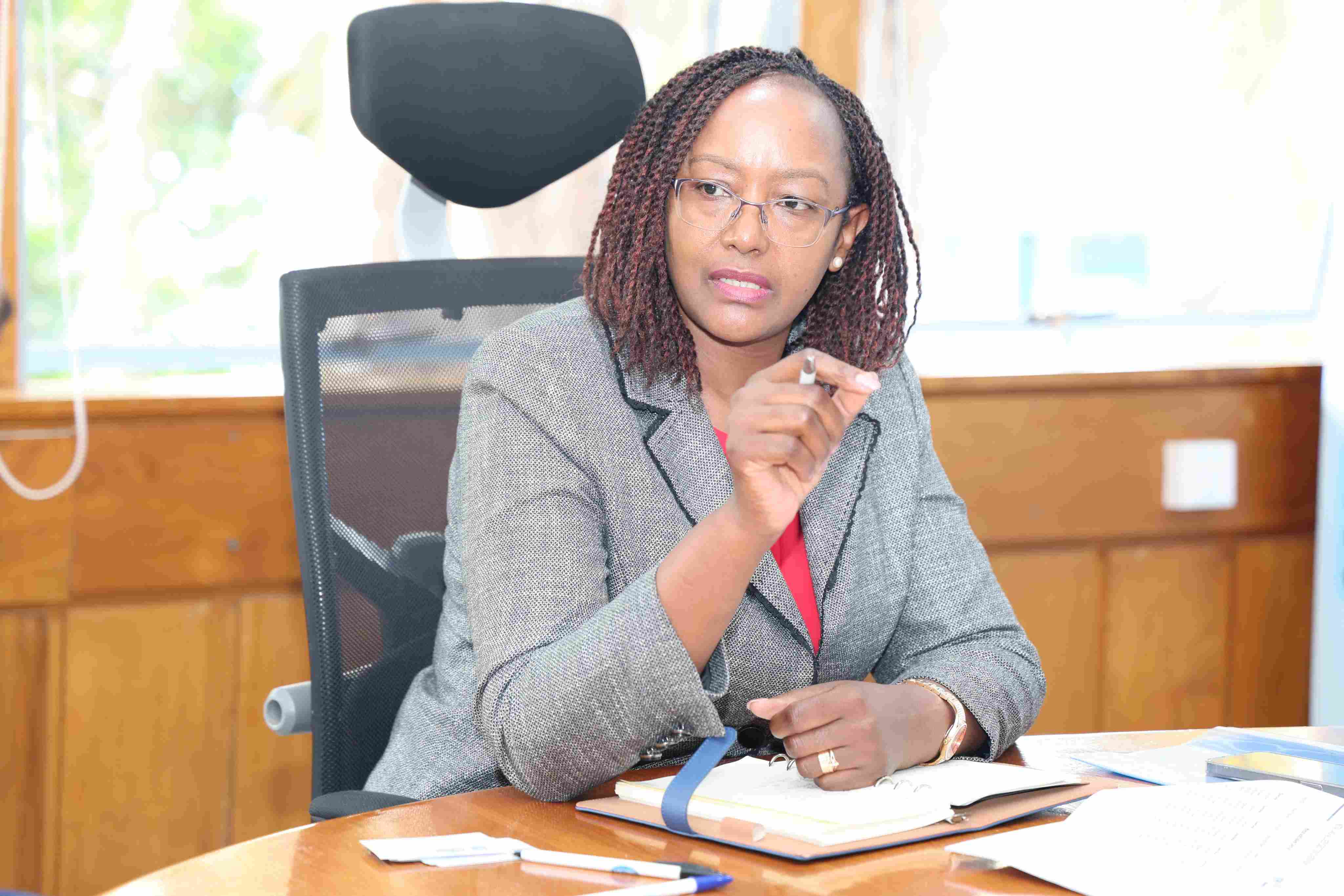
The inquiry comes after traders raised alarm over a KEBS directive requiring importers of used vehicles to pay an additional Sh12,000 for validation documents, a move critics say was imposed without public participation.
Parliament has launched a probe into the Kenya Bureau of Standards (KEBS) over a controversial multibillion-shilling tender for pre-export inspection of imported goods, amid concerns that the deal is inflating costs for car buyers.
The inquiry comes after traders raised alarm over a KEBS directive requiring importers of used vehicles to pay an additional Sh12,000 for validation documents, a move critics say was imposed without public participation.
More To Read
- NTSA releases list of licensed vehicle body builders and assessors
- Kebs on the spot as MPs order withdrawal of disputed levy regulations
- KEBS denies reports of contaminated sugar, calls opposition claims baseless
- KEPHIS warns proposed seed law could threaten food security, hurt farmers
- KEPHIS opposes seeds Bill 2025, warns of weakened oversight and rise in counterfeit seeds
- Senate moves to unlock farmers' fast access to drought-hardy seeds in new Bill
The National Assembly’s Departmental Committee on Trade, Industry and Cooperatives, chaired by Shinyalu MP Bernard Shinali, has summoned senior officials to answer questions on the matter.
The tender for pre-export verification of conformity (PVoC), which ensures imported goods meet Kenyan safety, quality, and environmental standards, has long been contentious. In January, KEBS invited bids for the 2025–2028 contract, attracting 19 companies.
Precision Experts Ltd initially challenged the process, claiming KEBS discriminated against local firms by introducing hurdles that prevented them from participating despite their capacity to handle the work. The case reached the Court of Appeal but was dismissed, allowing Kebs to complete the tendering process.
The Public Procurement Administrative Review Board noted that while “a procuring entity has the discretion to tailor its bid documents according to its needs, the discretion is not absolute.” Later, three other firms, including TUV Austria Turk, TIC Quality Control, and Bay Area Compliance Laboratories Corp, filed complaints, arguing that flagged procurement anomalies were ignored by both the board and the courts.
The complaints were also dismissed, clearing the way for Japan’s Quality Inspection Services Inc. (QISJ) to secure the contract.
Togo Motors Ltd reignited controversy last month when it challenged KEBS’ July 8 notice requiring importers of used vehicles without roadworthiness certificates to submit validation documents to QISJ at a cost of Sh12,000.
The company argued that the notice was issued “without public participation or transparency in QISJ’s procurement, raising questions of legality, reasonableness, and compliance with the law.”
The case is set to be mentioned in court on October 21.
The parliamentary committee has summoned Industry Principal Secretary Dr Juma Mukhwana, KEBS Managing Director Esther Ngari, and Kenya Accreditation Service CEO Dr Walter Ongeti.
“In exercise of its mandate to review the performance of departments and agencies under its oversight, the committee has resolved to invite you to the meeting to apprise it of the issues,” the letter to the officials reads.
KEBS records tabled in Parliament indicate it takes an average of four days to inspect a car and an additional two days to issue a roadworthiness certificate.
Between 2015 and 2019, KEBS inspected 409,070 vehicles under the PVoC programme. According to the Economic Survey 2024, 119,205 vehicles were registered in Kenya, of which 78,127, about 66 per cent, were used imports.
KEBS maintains that engaging QISJ helps prevent the importation of vehicles with forged or fraudulently obtained documents and validates the age of used vehicles, addressing concerns that cars older than eight years continue to enter the market.
However, MPs have raised alarms over the cost of QISJ’s services, warning that the levy will increase the price of imported cars. They also point out that “accident-damaged vehicles are still being shipped in and sold to unsuspecting buyers,” despite billions spent on pre-inspection services.
The current dispute echoes past controversies. A 2019 special audit by the Auditor General, following a 2016 review, found Kebs had flouted legal advice when awarding previous PVoC tenders. The Public Investments Committee held former KEBS MD Bernard Njiraini personally accountable for procurement irregularities.
Parliament now seeks detailed explanations on the process that led to QISJ’s engagement, signalling a deeper probe into Kenya’s pre-export verification system and the costs it imposes on consumers.
Top Stories Today
